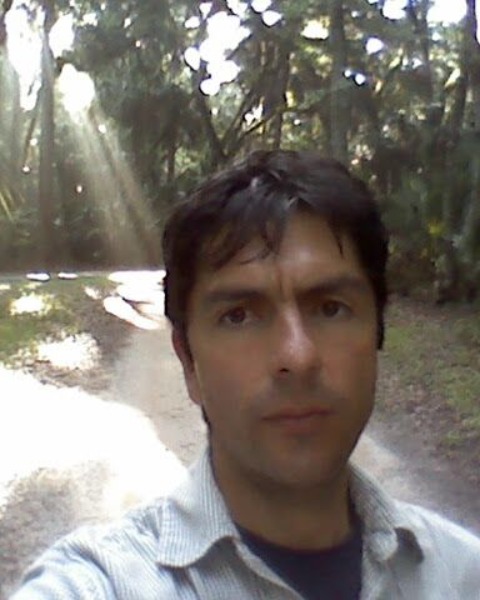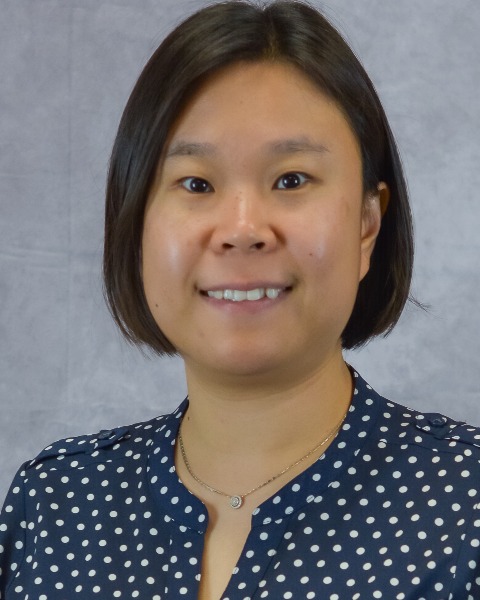Student 10-Minute Presentation
Plant-Insect Ecosystems
Student
Student Competition
Aphid vectors of passion fruit woodiness disease in South Florida passion fruit
- MG
Max Gerald-Anthony Gosselin
Graduate research assistant
University of Florida
Homestead, Florida 
Daniel Carrillo
University of Florida
Homestead, Florida
De-fen Mou (she/her/hers)
Assistant Professor
University of Florida
Belle Glade, Florida
Presenting Author(s)
Co-Author(s)
Passion fruit (Passiflora spp.) is a tropical fruit crop originating from South America that is now grown in countries across the world. In South Florida, passion fruit represents a new, emerging industry that is currently restricted to niche markets, but has high potential for growth as consumer awareness of the fruit grows. One of the largest threats to the industry’s growth, however, are viral diseases vectored by arthropod pests. The most destructive of these diseases is the aphid-vectored passion fruit woodinesss disease (PWD), which causes significant losses in crop yield by deforming fruit and reducing plant vigor. Vectors of particular importance for PWD have been identified in the fruit’s region of origin, but no such work has been done in the United States. In order to identify potential vectors of importance for PWD in the state of Florida, and describe their patterns of seasonal abundance, a year long survey of commercial South Florida passion fruit groves is being conducted using a combination of yellow and green pan traps, yellow sticky traps, and active foliage sampling. Preliminary data has thus far shown that Aphids from the genus Aphis are likely of particular importance, especially Aphis spiraecola and Aphis gossypii. Transmission assays will also be conducted on aphids identified as vector candidates in order to determine their competency in vectoring PWD. This study will yield crucial information that will be useful in understanding the epidemiology of PWD and developing management strategies to mitigate this disease.

.png)

